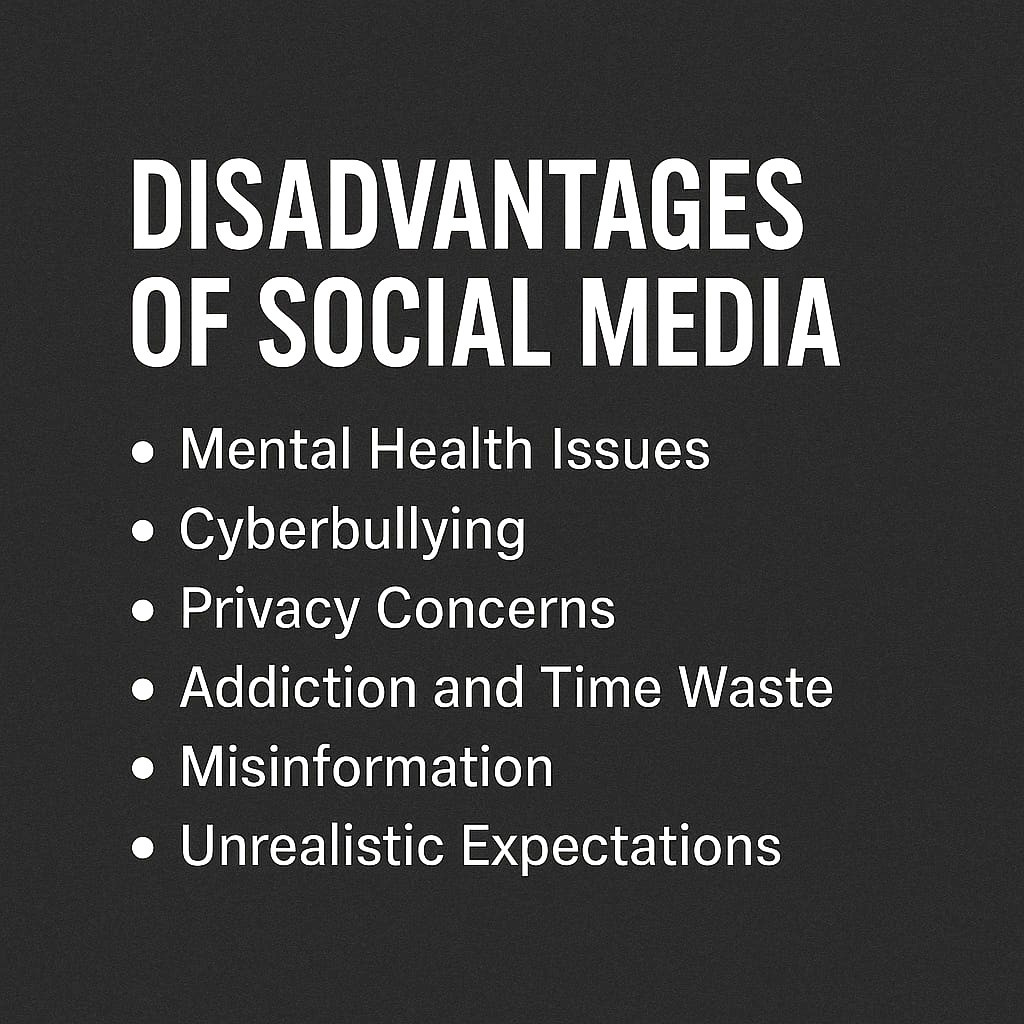
The Impact of Social Media on Mental Health
Social media has become an integral part of our lives, with billions of people around the world using platforms like Facebook, Instagram, and Twitter to connect with others, share their experiences, and stay informed. While social media has many benefits, including providing a sense of community and connection, it also has a darker side. In this post, we’ll explore the impact of social media on mental health, including its potential to contribute to anxiety, depression, and other mental health issues.
The Rise of Social Media
Social media has grown exponentially over the past two decades, with the number of users increasing from just a few million to billions. Today, social media is a ubiquitous part of modern life, with many people using it to stay connected with friends and family, share their experiences, and stay informed about current events.
The Impact on Mental Health
While social media has many benefits, including providing a sense of community and connection, it also has a number of negative effects on mental health. Some of the ways in which social media can impact mental health include:
- Anxiety and Stress: Social media can be a source of anxiety and stress, particularly if users feel pressure to present a perfect image or compete with others.
- Depression: Social media can also contribute to depression, particularly if users feel isolated or disconnected from others.
- Sleep Disturbances: Exposure to screens and the constant notifications from social media can interfere with sleep patterns, leading to sleep disturbances.
- Cyberbullying: Social media can also be a breeding ground for bullying and harassment, which can have serious negative effects on mental health.
The Role of Social Comparison
One of the key ways in which social media can impact mental health is through social comparison. Social comparison is the process of comparing ourselves to others, and it can be particularly problematic on social media, where users often present a curated version of their lives.
The Impact on Self-Esteem
Social media can also have a negative impact on self-esteem, particularly if users feel like they don’t measure up to others. This can lead to feelings of inadequacy, low self-esteem, and a negative body image.
The Role of FOMO
Fear of missing out (FOMO) is another way in which social media can impact mental health. FOMO is the feeling of anxiety or stress that comes from feeling like we’re missing out on something important or exciting.
The Impact on Relationships
Social media can also impact relationships, particularly if users spend more time interacting with their devices than with real-life friends and family. This can lead to feelings of isolation and disconnection.
The Importance of Balance
While social media can have many negative effects on mental health, it’s also important to recognize the importance of balance. Social media can be a useful tool for staying connected with others and sharing experiences, and it can also provide a sense of community and connection.
Conclusion
The impact of social media on mental health is a complex issue, and there is no one-size-fits-all solution. However, by being aware of the potential risks and taking steps to mitigate them, users can help protect their mental health and well-being.
Here are some disadvantages of media:
- Misinformation and Disinformation: Media can spread false or misleading information, which can be harmful to individuals and society.
- Bias and Propaganda: Media can be biased or used for propaganda, influencing public opinion and shaping perspectives.
- Addiction and Distraction: Excessive media consumption can lead to addiction and distraction, negatively impacting mental and physical health.
- Cyberbullying and Harassment: Social media can be a breeding ground for bullying and harassment, causing emotional distress and harm.
- Privacy Concerns: Media can compromise personal privacy, with data collection and surveillance becoming increasingly prevalent.
- Unrealistic Expectations: Media can create unrealistic expectations and promote consumerism, contributing to feelings of inadequacy and dissatisfaction.
